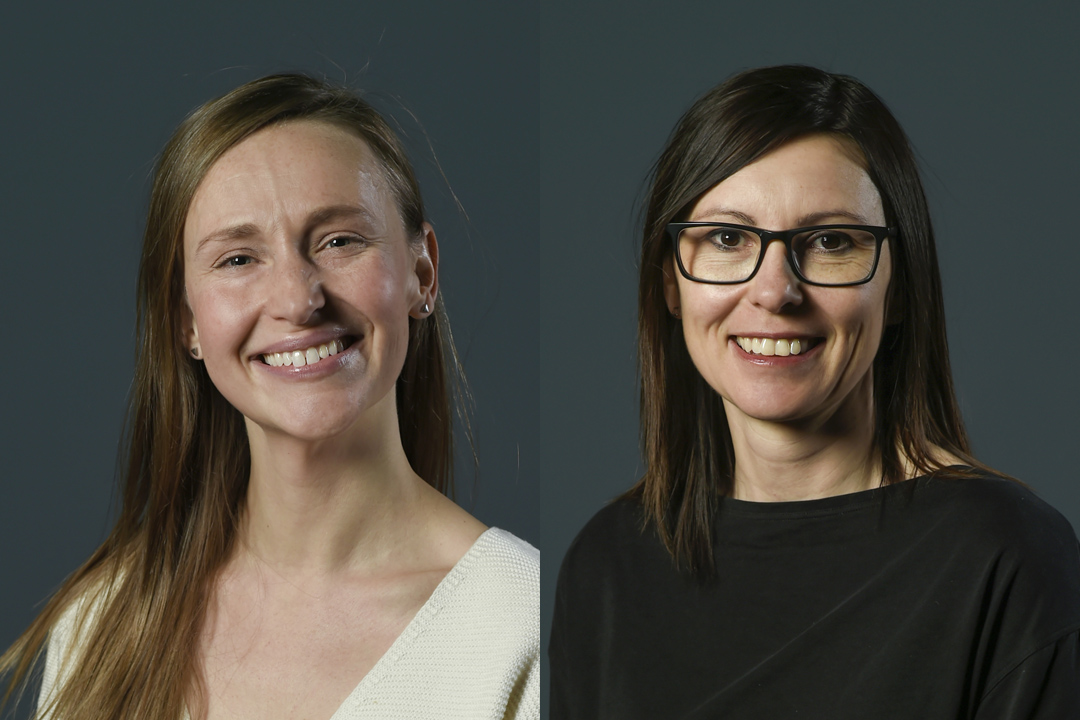
Supporting campus community during the pandemic
Dealing with the stress and anxiety of living through a global pandemic has not been easy for many members of the University of Saskatchewan’s (USask) campus community.
By James ShewagaBut while campus buildings remain closed, USask wellness support systems remain open for all students, staff and faculty struggling with the new reality of the COVID-19 era. Four months after the move to remote teaching, studying and working off campus, the university’s wellness practitioners and programs are providing virtually all support services online, covering everything from counselling and clinics to workshops and webinars.
“There has been a slight increase in the number of clients that I am seeing for the same time period last year, but the big difference is that the things that we’re talking about, almost every appointment someone brings up an impact of the pandemic, or of the COVID guidelines, on their life,” said Kelly Giesbrecht, a counsellor with the university’s Employee Family Assistance Program.
“There is a real fear of COVID that people are reporting for themselves, but also for people in their lives that are vulnerable. So, a lot of people are reaching out and I am getting a lot of feedback of that validation and normalization of their concerns, and that it just feels good to talk.”
In addition to anxiety over contracting coronavirus and prevention practices, Giesbrecht said common issues include the extremes of feeling isolated, or never being alone, as staff adjust to working remotely with children at home. Clients are also struggling with missing family and friends during important life events such as graduation, weddings and birthdays, and missing interaction with co-workers.
On the student side, spring and summer is traditionally a slower time of year for wellness services, and there has not been a spike in students seeking support during the pandemic. However, the clinicians in the Student Wellness Centre are seeing some common themes with their existing clients.
“We know that COVID and social isolation impacts our well-being,” said Terri Peterson, clinical practice lead and counsellor with the university’s Student Wellness Centre. “We haven’t had an increase in students requesting services, but the students who we are already connected with are continuing to reach out at this time, so most of us are busy supporting that work. What I have noticed is students are doing some really good therapy work, so when they have support in times of struggle or crisis, it can be a good time to make changes.”
While counselling is always a key component, the Student Wellness Centre takes a multi-dimensional approach to supporting student health and well-being through promotion, prevention and intervention. Using online video and audio technologies, the centre is providing the full spectrum of support services for students, who can see a doctor, nurse, social worker, psychologist, dietician, peer health mentor or the always-popular therapy dogs.
“We have been able to translate the majority of services online,” said Jocelyn Orb, manager of the Student Wellness Centre, which is now opening up some limited in-person services on campus. “We have a lot of health and wellness information on the website, we have been running some groups and workshops online, and are finding new ways to engage students and answer their questions in real time. We are finding that for the vast majority of clients, it has translated well to the virtual environment.”
A full range of supports for staff and faculty are also offered online and over the phone, including 24/7 confidential counselling provided through third-party therapists via the EFAP system. USask’s Wellness Strategy also includes online COVID-specific toolkits, mental health webinars and workshops, and video series covering everything from nutrition and fitness, to financial and legal guidance, to work-life solutions and work-from-home supports.
Similar to the student centre, the wellness supports for employees are also designed to provide preventative programming year-round, but are especially important during crisis like the pandemic.
“Anxiety and stress are the top reasons for EFAP usage in the campus community, so it does make sense that we would see an increase during a global health pandemic,” said Carine Paley, a wellness team lead at USask. “The EFAP program also provides support in times when someone isn’t struggling, to help build coping/resiliency skills. But especially now when there is a lot of anxiety and stress, it is good to see an increase in numbers because that means people are getting the help they need.”
For all wellness staff on campus, eliminating the stigma of seeking support for mental health is a priority, reminding all students, staff and faculty that services are open online and over-the-phone.
“We need to let students know that we are here and we have space and time for them,” said Peterson. “We do want to support you in any way possible.”
For Giesbrecht, the key message for the campus community is to focus on the present, a one-day-at-a-time approach to limit anxiety over what may, or may not, happen in the future.
“We need to focus on what is happening right now, because everything is changing so quickly,” she said. “I guess that would be my advice at any time, but especially now. Be present.”
Here to help
Full faculty and staff supports are available online at: wellness.usask.ca
Student supports are available online at: students.usask.ca/health/centres

